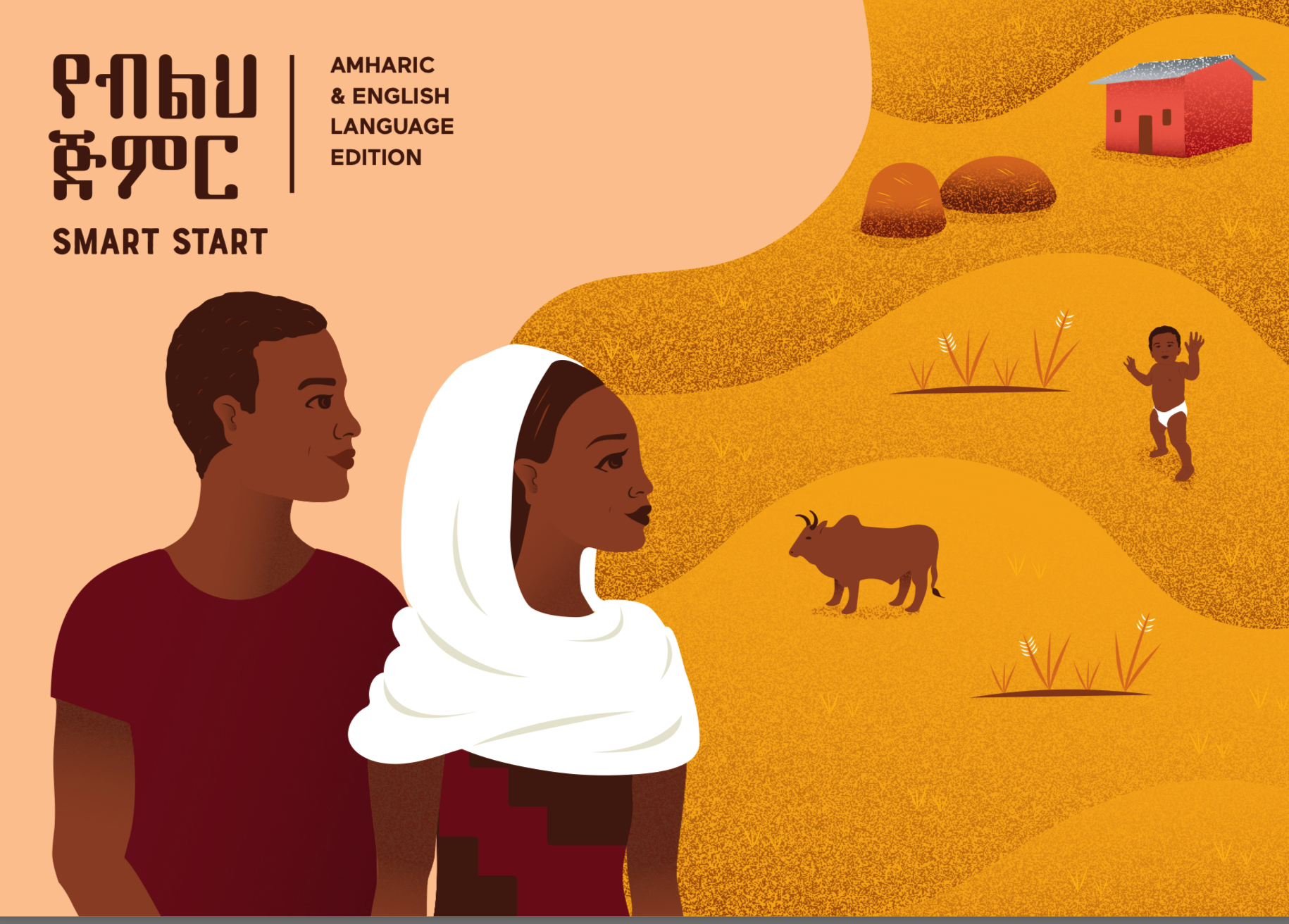SMART START: IN THE BUSINESS OF DREAM REALIZATION

INSPIRING CHANGE IN ETHIOPIA’S HARDEST-TO-REACH ADOLESCENT GIRLS AND YOUNG WOMEN.
Over the past decade, Adolescent sexual and reproductive health concerns have increasingly been on national agendas. Adolescents have driven the concern and are likely to face a range of health and social challenges. For instance, initiation of sexual activity while lacking adequate knowledge and skills for protection places adolescents at a higher risk of unwanted pregnancy, unsafe abortion, and sexually transmitted infections including HIV/AIDS. High prevalence of early marriage and childbearing is associated with higher maternal mortality and morbidity as well as neonatal and infant mortality in adolescents. Furthermore, pregnancy during adolescence is associated with higher risk of health problems like anemia, sexually transmitted infections, unsafe abortion, postpartum hemorrhage, and mental disorders (like depression). Pregnant adolescents also bear negative social consequences and often must leave school reducing their employability leading to long-term economic implications. Unmet needs for family planning, especially for spacing, are high among adolescents. [WHO, 2021]
To reduce unplanned pregnancy among adolescent girls and young women, efforts must be made to increase knowledge on gender equality, show girls the relevance of Family Planning (FP), and empower them to take control of their reproductive choices. Funded by Global Affairs Canada (GAC), PSI Ethiopia (PSIE), and Marie Stopes International Ethiopia (MSIE), in partnership with the Ministry of Health (MOH), launched the Owning the Future or “ነገን በራሴ” project. PSIE’s role in this project is to create demand for FP and comprehensive SRH services, while MSIE uses an innovative mobile outreach model to provide comprehensive services and products.
- The aim of the project is to increase the awareness of SRH for married adolescent girls, women, and couples.
- Improve SRH attitudes and norms among the community influencers, women, and girls.
- Increase access and provide High-quality FP and SRH services for hard-to-reach married adolescents, women, and couples.
Gezegofa is one of the OTF intervention woredas in the Gofa Zone, with around 83,405 people. The woreda has 27 Health posts and four health centers to serve the community in four clusters of twenty seven kebeles. Only nineteen kebeles have good road access, and the rest eight kebeles are extremely hard to reach to provide routine health services, including SRH. In the 27 Health posts, before the project started, 31 Health Extension Workers (HEWs) were providing various health services, and only twenty-two were trained on FP.Before the project implementation in the woreda, the performance of the FP service was extremely low. From July 2020 to January 2021, they planned to provide FP services for 7,282 eligible clients, but they only achieved 36% of their plan. The lack of well-trained health care personnel and HEWs, FP commodity shortages, and unstructured demand creation contributed to poor performance.Through the OTF initiative, one Adolescent Health Officer (AHO) and two Smart Start Navigators (SSNs) were hired in January 2021 and given essential Smart Start training to shift negative norms and enhance knowledge and demand for FP services in the community. At the beginning of the project, to improve community understanding and support for FP and contraceptive services provision, we conducted a Woreda level project launch and Keble kick-off with key stakeholders such as Woreda Administrator, Women Development Army (WDA), HEWs, Youth Champions, Kebele Administrators, and Gatekeepers. As a result, WDA, HEW, and Youth Champions supported the SSNs in mapping and referring married Adolescents and Youth for Smart Start counseling. Moreover, 15 HEWs and 9 Healthcare Providers received Smart Start counseling training, and MSIE taught two Healthcare Providers to provide comprehensive Long-Acting Reversible Contraception (LARC).“We have high numbers of married and non-married adolescents and youth in the urban and rural kebeles with a high demand for SRH services. Still, we cannot address their interest due to resource constraints, shortage of trained providers, and unfavorable conditions, so thank you for support, and we are with you in all project implementation periods”. — Woreda Administrator
PROGRESS ACHIEVED TO DATE
From April to September 2021, the SSNs conducted home-to-home visits with 1,215 adolescents and youth aged 15–24 to provide Smart Start counseling. As a result, 169 new FP adopters were added, and 254 clients switched to LARC.Furthermore, with the support of Adolescent Health Officers, the MSIE mobile outreach team provided LARC, safe abortion, and post-abortion care for 1,460 clients, of which 532 were 15–24, and the rest were above the age of twenty-five. All services provided by the MSIE outreach team were recorded and reported to the woreda health office through the DHIS2 system by close support and follow-up of AHOs.After the OTF intervention, the performance of the FP and SRH service of the woreda completely changed. From April to June 2021, they planned to provide FP for 7,282 eligible clients and achieved 6,566, which is 90% of their plan a vast improvement over the 36% completion rate seen between July and December 2020. Uptake of LARC performance also improved; they planned to serve 3,640 clients and achieved 3,199, 88% of the plan, an increase of 55% over the last period.The OTF program is not only increasing access to equitable sexual reproductive health information and service but also inspiring the hardest-to-reach Adolescent Girls and Young Women.
